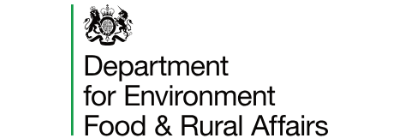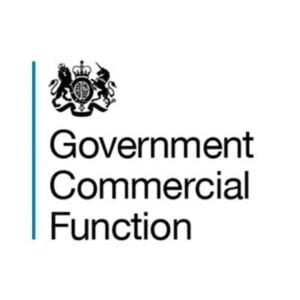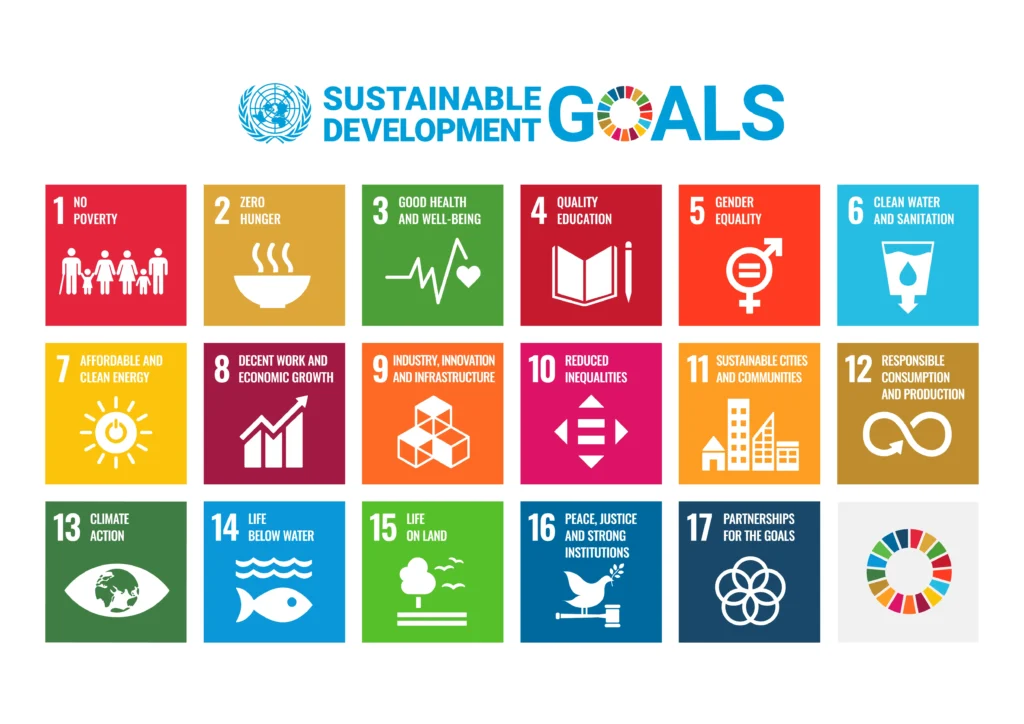We adhere to the highest
internationally recognised
standards
ISO 14065 : 2020
We are one of the first companies in the UK to achieve ISO 14065:2020 compliance for validating and verifying greenhouse gas and environmental information.
This ISO compliance ensures our reporting for businesses’ greenhouse gas emissions, removals, and emission reductions are more than just numbers; they’re independently verifiable and reliable insights into your business’s net zero journey.
It enables businesses to confidently champion Environmental, Social, and Governance (ESG) practices.


B Corp Certified™
Our B Corp™ Certification, through our parent company LC Energy, reflects our ongoing commitment to operating a triple bottom-line approach, prioritising the well-being of people, the health of the planet, and financial prosperity.
We are dedicated to a journey towards achieving net zero emissions for us and our clients, constantly seeking ways to minimise our environmental footprint and leave a positive impact on the planet. For us, being a B Corp isn’t just a milestone; it’s a testament to our dedication and ongoing commitment to making a meaningful difference in the world.
Carbon measurement & reduction plan standards
We measure carbon footprint emissions following the most widely used and globally recognised standards; The Greenhouse Gas Protocol Corporate Reporting and Accounting Standard and the Department for Environment, Food and Rural Affairs annual UK Government Conversion Factors for Greenhouse Gas Reporting.


Greenhouse Gas Protocol (GGP)
GHG Protocol establishes comprehensive global standardised frameworks, including The Corporate Accounting and Reporting Standard to measure and manage greenhouse gas (GHG) emissions from private and public sector operations, value chains and mitigation actions.
Building on a 20-year partnership between World Resources Institute (WRI) and the World Business Council for Sustainable Development (WBCSD), GHG Protocol works with governments, industry associations, NGOs, businesses and other organisations.

Department for Environment Food & Rural Affairs (DEFRA)
The Department for Environment, Food and Rural Affairs is the government department responsible for environmental protection, food production and standards, agriculture, fisheries and rural communities in the United Kingdom of Great Britain and Northern Ireland.
Each year DEFRA publishes the latest Conversion factors allowing businesses and individuals to calculate greenhouse gas (GHG) emissions from a range of activities, including energy use, water consumption, waste disposal, recycling and transport activities.

Government Commercial Function
We create Carbon Reduction Plans that adhere to the PPN 06/21 government policy; Taking Account of Carbon Reduction Plans and the Technical Standard for Completion of Carbon Reduction Plans. This enables your business to be considered in the procurement of in-scope central UK Government contracts.
International offsetting standards
All of our emissions reduction projects adhere to internationally recognised standards and are audited regularly by independent third-party organisations to ensure the additionality and environmental integrity of projects.


Verra
Verra is a global leader helping to tackle the world’s most intractable environmental and social challenges by developing and managing standards that help the private sector, countries, and civil society achieve ambitious sustainable development and climate action goals.
Verra’s global standards and frameworks serve as linchpins for channelling finance towards high-impact activities that tackle some of the most pressing environmental issues of our day.

Verified Carbon Standard (VCS)
The VCS Program allows certified projects to turn their greenhouse gas (GHG) emission reductions and removals into tradable carbon credits.
The VCS Program has grown into the world’s largest voluntary GHG program. VCS projects include a variety of technologies and measures which result in GHG emission reductions and removals, including forest and wetland conservation and restoration, agricultural land management, transport efficiency improvements, and many others.

Climate, Community & Biodiversity Standards (CCB)
With over one hundred registered projects, the CCB Program is the leading framework for assessing land management projects that create net-positive benefits for climate change mitigation, local communities and biodiversity.
The CCB Program can be used in conjunction with a GHG-crediting program, such as the VCS Program, and carbon credits can be labelled with the co-benefits certified under the CCB Program.

Sustainable Development Goals (SDGs)
The Sustainable Development Goals or Global Goals are a collection of 17 interlinked global goals designed to be a “blueprint to achieve a better and more sustainable future for all”. The SDGs were set up in 2015 by the United Nations General Assembly and are intended to be achieved by 2030.
All our carbon offsetting projects are aligned to specific SDGs and outline the additional benefits achieved from the carbon finance the projects receive.

United Nations Framework Convention on Climate Change (UNFCCC)
The United Nations Framework Convention on Climate Change established an international environmental treaty to combat “dangerous human interference with the climate system”.
The Clean Development Mechanism (CDM) overseen by the United Nations Framework Convention on Climate Change, allows emission-reduction projects in developing countries to earn Certified Emission Reductions (CER) credits, each equivalent to one tonne of CO2. These CER’s can be traded and sold, and used by countries to meet a part of their emission reduction targets under the Kyoto Protocol.
The ultimate objective of all three agreements under the UNFCCC is to stabilise greenhouse gas concentrations in the atmosphere at a level that will prevent dangerous human interference with the climate system, in a time frame which allows ecosystems to adapt naturally and enables sustainable development.
